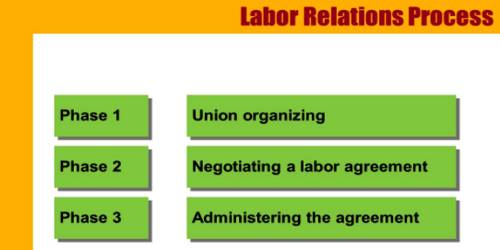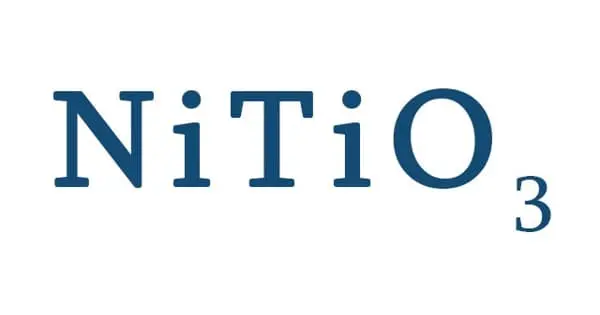Raising the minimum wage may be advantageous for workers, the economy, and society as a whole in a number of ways. It’s crucial to remember that the effects can change depending on the particular conditions of each nation or region. The main justification put forth in favor of increasing the minimum wage is that higher earnings would raise the overall standard of living for minimum wage workers by giving them a higher income level that is more suitable for coping with increases in the cost of living.
Here are some of the commonly cited benefits of raising the minimum wage:
(a) Improved Quality of Life for Workers: The fact that workers who make the minimum wage or just above it would see an increase in their earnings is one of the main advantages. For individuals and families, this may result in a higher standard of living, a decrease in poverty, and greater financial security.
(b) Reduced Income Inequality: The income gap between low-wage workers and those at the top of the income scale can be reduced by increasing the minimum wage. This may help society distribute wealth in a more equitable manner.
(c) Increased Consumer Spending: Low-wage workers are more likely to purchase goods and services when they earn more money. This increased consumer spending can spur economic growth by increasing product demand, which in turn can increase company profits and employment.
(d) Reduced Reliance on Government Assistance: Higher wages can potentially lead to a decreased reliance on government assistance programs, as workers are better able to cover their basic needs without needing as much support. This can result in cost savings for governments and taxpayers.
(e) Higher Employee Productivity and Motivation: Higher wages can lead to improved employee morale, motivation, and job satisfaction. When workers are paid better, they might be more committed to their jobs, leading to increased productivity and potentially lower turnover rates.
(f) Attracting and Retaining Talent: Employers that pay a higher minimum wage may find it easier to attract and retain skilled and motivated workers. This can ultimately improve the overall quality of the workforce.
(g) Reduced Employee Turnover: Low-wage workers often switch jobs frequently in search of better pay. By offering a higher minimum wage, employers can reduce turnover rates and the associated costs of recruiting and training new employees.
(h) Potential Ripple Effect: Raising the minimum wage can create a “ripple effect” by pushing up the wages of workers earning slightly above the new minimum. This can help address wage compression and ensure that wage differences reflect differences in skill and responsibility.
Low-wage workers are more likely to invest their extra income in their neighborhood when they receive a raise. This can help local companies succeed and the neighborhood economy expand. Greater access to food, healthcare, and other necessities for workers who earn more can have a positive effect on public health outcomes.
It’s crucial to take into account any potential disadvantages and difficulties that may arise from raising the minimum wage, such as possible job losses, higher costs for businesses (particularly small businesses), and potential inflationary effects. Increases in the minimum wage must be carefully considered in light of the advantages and disadvantages and tailored to the regional economy’s needs and conditions.
















